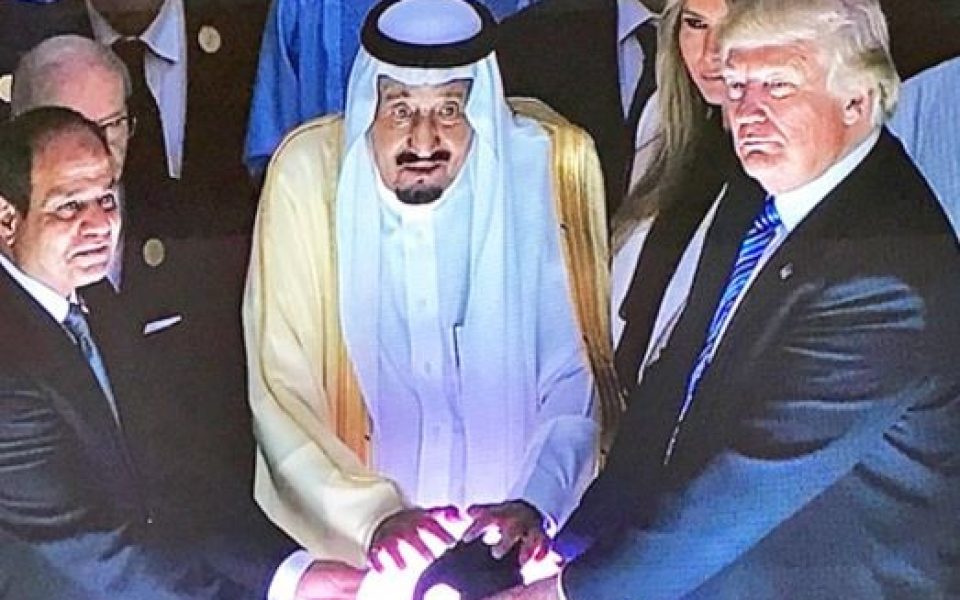Jamal Khashoggi was a columnist for the Washington Post when he entered the Saudi consulate in Istanbul, Turkey, but not that day.
He went without the tools of his trade and was unarmed with questions about the Saudi regime under the crown prince, of which he had been critical in the past.
Khashoggi went to the consulate on Oct. 2 to get some paperwork so that he could get married. And he never came out.
That Khashoggi is dead does not seem in question, though as yet no body has been discovered.
According to the New York Times, Washington Post and other international outlets, the Saudi government was readying on Monday to announce Khashoggi had been accidentally killed during an interrogation inside the consulate. As of press time, that announcement had not been forthcoming. On Tuesday, the Turkish government announced the findings of a search of the building: surfaces that had recently been painted over. On Wednesday, they named fiur suspects, all with ties to the Saudi regime.
All this transpired after our president tweeted on Monday morning: “Just spoke to the king of Saudi Arabia who denies any knowledge…,” and told White House reporters that “[I]t sounded to me like maybe these could have been rogue killers.”
The president of Saudi Arabia, by the way, is that guy standing next to Trump in the photo where they all have their hands on that glowing orb.
Journalists have their own way of reacting when one of their own befalls tragedy in pursuit of a story: We double down.
Right now journalists in Turkey and Saudi Arabia are leaning into sources, obtaining documents, asking questions where they can and demanding accountability in the face of the tacit threat presented by Khashoggi’s disappearance.
Here in the United States, journalists at the Post and other outlets are building the timeline and following the paper trail, punching wide holes in the tales coming out of the Saudi government and enlisting Congress and Senate members as allies in the pursuit of truth.
In the process, they are exposing our president as a patsy for foreign interests. But, like the ultimate fate of Jamal Khashoggi, everybody knew that already, too.
Join the First Amendment Society, a membership that goes directly to funding TCB‘s newsroom.
We believe that reporting can save the world.
The TCB First Amendment Society recognizes the vital role of a free, unfettered press with a bundling of local experiences designed to build community, and unique engagements with our newsroom that will help you understand, and shape, local journalism’s critical role in uplifting the people in our cities.
All revenue goes directly into the newsroom as reporters’ salaries and freelance commissions.


Leave a Reply